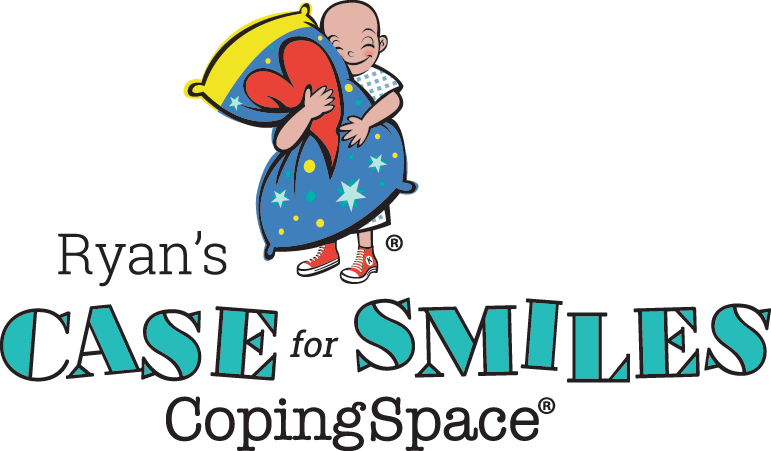BLOG
How to Support Your Child When They Are Bullied
April 28, 2019
Children with a life-changing illness or injury have a lot to handle – treatments, medication side effects, surgery, and more. Sadly, on top of all that, many also have to deal with bullying.
Nationwide, 1 in 5 students report being bullied. One study noted that the children with cancer who participated in the research reported approximately 3 times as much bullying as their healthy counterparts. While those numbers are alarming, there are things a caregiver can do to help.
What Is Bullying?
 To understand how to help your child, you must first understand what bullying is. The American Psychological Association defines bullying as “aggressive behavior that is intentional and involves an imbalance of power or strength. It is repeated behavior and can be physical, verbal, or relational.” Both boys and girls can be bullies. However, girls tend to socially exclude a person, while boys tend to be more physical.
To understand how to help your child, you must first understand what bullying is. The American Psychological Association defines bullying as “aggressive behavior that is intentional and involves an imbalance of power or strength. It is repeated behavior and can be physical, verbal, or relational.” Both boys and girls can be bullies. However, girls tend to socially exclude a person, while boys tend to be more physical.
Although anyone can be bullied, children who are perceived as weak or unable to physically protect themselves are often targets. That may be why children with illnesses and injuries are at an increased risk.
Did your child gain weight, lose their hair, or have a change in their vision or hearing due to their treatments? Maybe they have a visible scar from a burn injury or surgery. Perhaps your child had to have an amputation. All could be reasons why a bully would target them.
Signs Your Child May Be Being Bullied
While you hope that your child would tell you if they are being bullied, they may feel weak, embarrassed or fear retaliation. In fact, a 2012 Indicators of School Crime and Safety report published by the National Center for Education Statistics found only 40% of bullying incidents were reported to adults. So it’s important to keep your eye out for signs.
Signs a child is being bullied include:
- Changes in eating habits, such as suddenly skipping meals or binge eating
- Frequent stomachaches, headaches, or fake illnesses
- Unexplained injuries
- Loss of interest in or avoidance of social interactions – this includes a loss of interest in schoolwork or a decline in grades
- Changes in sleeping behaviors
- Decreased self-esteem
How to Help a Child Being Bullied
If you believe your child is the victim of bullying, there are many things you can do to support them. Start by having a conversation to learn what is happening at school, on the bus, in your neighborhood or online. That will help you understand what is going on and take appropriate steps to stop the bully’s behavior.
Additional steps you can take are:
- Help your child identify trusted adults to turn to if they are worried about being bullied
- Work with them to create and rehearse phrases they can say, in a loud confident voice, to the person who is bullying them. This could be, “I don’t like it when you say that,” or “I don’t like what you are doing.”
- Rehearse scenarios where they stand tall and look the bully in the eye. During this time, help them work on not being too emotional, as it may “egg the bully on”. Once in a safe place, your child can express their feelings about the situation.
- Advise your child to walk away from the situation, if possible. It is important to teach them to leave the situation if they are very uncomfortable or feel in danger, and to tell someone immediately.
- In addition to your child talking to you, it may help them to see a school guidance counselor or a mental health professional. Children who experience bullying may have low self-esteem, have trouble focusing, be depressed or feel overwhelmed. A professional can help them manage these feelings and create strategies to cope.
Above all else, it is important for your child to know you are their ally and support. Listen to their concerns and let them know you have their back. Bullying is an unfortunately common aspect of childhood, but with the right support, your child can not only bounce back, they can thrive.
